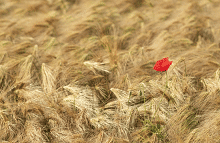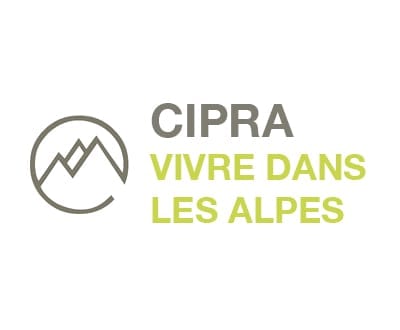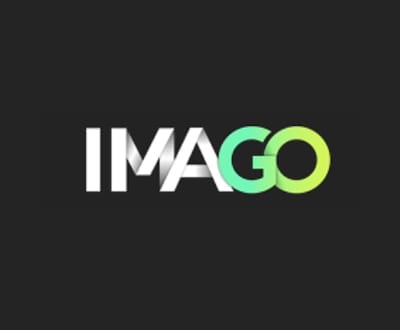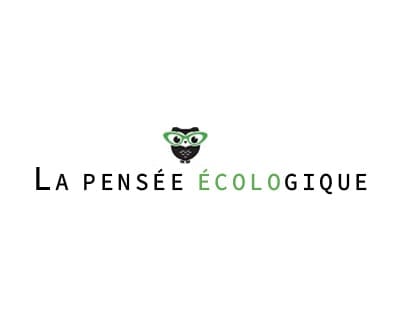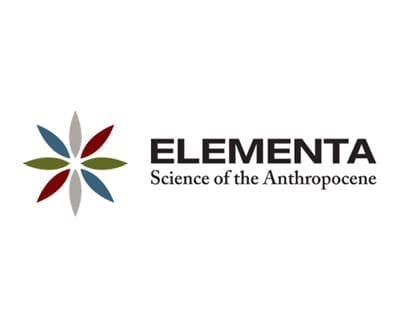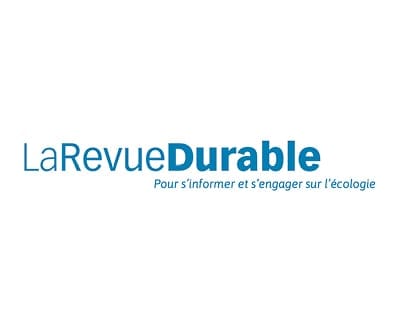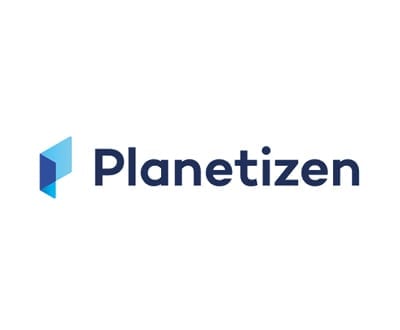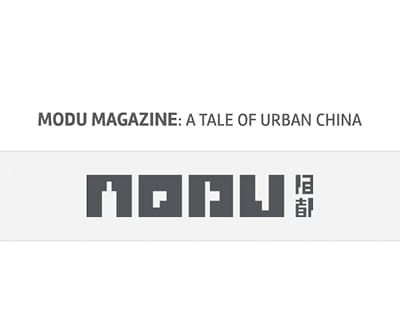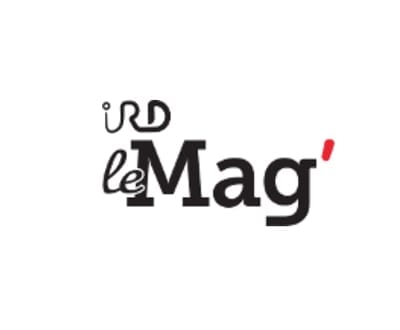Overview
The main purpose of the geography and human ecology collection is to respond to the needs of the university community. We keep a close eye on publications linked to the areas of activity of the Institute of Geography and Sustainability: urban studies, environmental humanities, development, societies, environments, geographical information sciences, water resource management and geo-heritage.
The Riponne site houses a collection aimed at the general public.
The geography and human ecology collection is housed at the Unithèque site:
- books and atlases are arranged by topic in the order defined by the Universal Decimal Classification (UDC)
- DVD documentaries can be found at the very end of the collection
- UNIL theses are part of the regular collections and therefore listed in Renouvaud. See also the Institute of Geography and Sustainability file of PhD theses
- journals are arranged numerically. Use the “Type of document” > “Journals” search in the Renouvaud catalogue to see if a journal forms part of the collections
- part of the collection is stored in the stacks (submit a request via Renouvaud)
- numerous documents (e-books, articles, etc.) are available in digital format and accessible via Renouvaud
Collections managed by other departments:
- collections serving the “Culture and nature of tourism” group can be found in Sion library (a basic collection is housed at Unithèque)
- the topographical maps collection is kept in the Institute of Geography and Sustainability at UNIL
- travel stories and tourist guides are acquired by the Riponne site
- a collection of old maps, located at Unithèque, is managed by the Manuscripts Department
Acquisitions change over time to reflect the needs of the academic community and editorial production.
Over 16,800 documents are currently available in the library’s geography and sustainability section. The areas with the most extensive collection of monographs are currently:
- human ecology, sustainability, sustainable development, environmental philosophy and ethics, ecological economics, climate change and society as well as the anthropocene
- strategic and sustainable urban development, mega-events, transport and mobility
- natural resources, particularly water, and sustainable resource management
- development, agroecology and conservation
The current strategy for developing the collection is explained in the document below (see at the bottom of the page).
Historically, certain sectors have been core specialisations at the Unithèque site, in relation to the main concerns of the Faculty of Geosciences and Environment over time, in particular
- regional development and environment
- traditional and automated mapping
- quantitative methods
- theoretical geography
- social and cultural geography
- urban geography
- geography of developing countries
You will also find a non-exhaustive list of dissertations produced at the Institute of Geography and Sustainability since 1949.
All the physical and digital documents available can be found in the Renouvaud catalogue. Numerous digital resources (encyclopaedias, journals, e-books and databases) are under licence. These are accessible via Renouvaud on the public computers or at home, through authenticated access (VPN), reserved for members of the university community.
To find out what books are available at Unithèque on a specific subject: enter your key words and then filter by library: “Unithèque”. For a more precise result, add the term “bcudgt” to your search and you will get a list of documents available on the geography and sustainability open shelves at Unithèque.
Check the list of the latest acquisitions at the start of each month or suggest we purchase a missing document you feel is important by completing the relevant form.
Is the book you need available in a library elsewhere in Switzerland or abroad? Remember you can request it via an inter-library loan.
Teach yourself to find the documents you need more efficiently.
Online atlases:
- Federal geo-portal (statistics, environment, topography)
- Kartenportal.ch: metacatalogue of maps in Swiss libraries
- Topographical atlas of Switzerland (Siegfriedkarten, Dufourkarten). Available on CD and DVD-ROM. For use in the library. Contact the Info+ desk.
- Old Maps Online (historical maps)
- Urbadoc search tools in multiple european databases about planning, urban planning, housing and urban transport
- Greenfile (see video tutorial)
- Horizon Pleins Textes (scientific publications from the IRD)
- UNESDOC
- Encyclopédie de l’Agora
- Open Access Book Collections (Springer)
- HAL Open archive of Human and Social Sciences
- opendata.swiss (open data from the Swiss public authorities)
Check the Directory of Open Access Journals (DOAJ) to find out which open access journals are available in your discipline. To find open-access books, check the Directory of Open Access Books (DOAB).
Documents
To find out more about our acquisition policy, orient yourself and search the collection.


